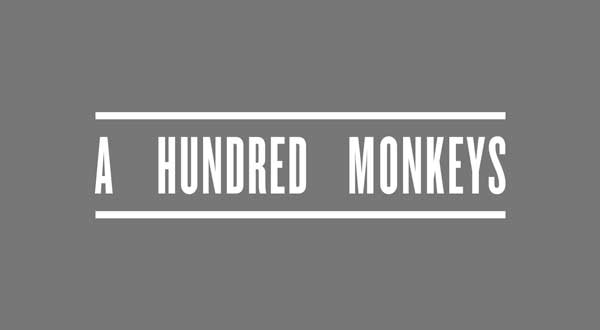Simile, but different
Analogies can be useful for bringing clarity into the world, but they can also get in their own way. Leading someone from A closer to B has a time and place, but comparisons can also turn into gross oversimplifications.
I recently overheard someone describe a work as Picasso-esque. Really? I’m skeptical. Picasso lived a long life, had an expansive and evolving style, and was a pretty complicated human being. Are you talking about Cubism? Are you trying to evoke Guernica? Are you, by some chance, explaining someone’s strange obsession with Minotaurs? By avoiding specificity you’re turning a great artist into a caricature. Kafka-esque, Fitzgerald-esque. Can’t you elaborate?
Startups have a similar tendency to avoid specificity. They try to explain what they do in terms of businesses you’ve already heard of. You know… “We’re the [Mint/Square/Amazon] of [medical technology/microloans/biofuels] styled like [insert any smartphone app with a really intuitive user interface].”
There’s a reason for this. It allows you to avoid walking the hard road of figuring out exactly who you are and what your brand is trying to say to people. But philosophers know better. Take Ludwig Wittgenstein’s advice: the limits of your language will mean the limits of your world.
Language is a tool used to reveal but also to create. To describe what you’re making in terms of what already exists is to ensure that you create something just like all the rest.
Follow us on Twitter @ahundredmonkeys!
